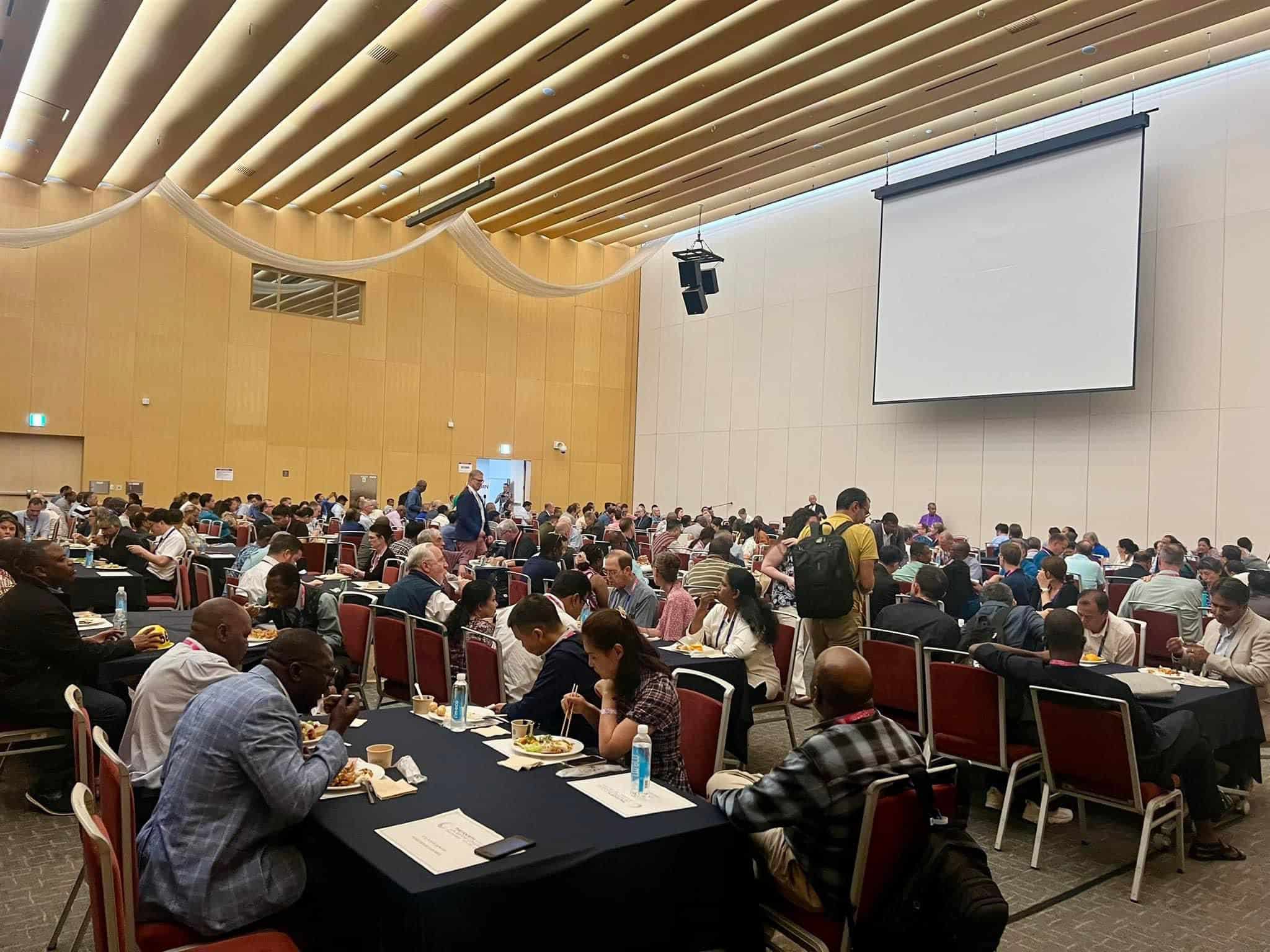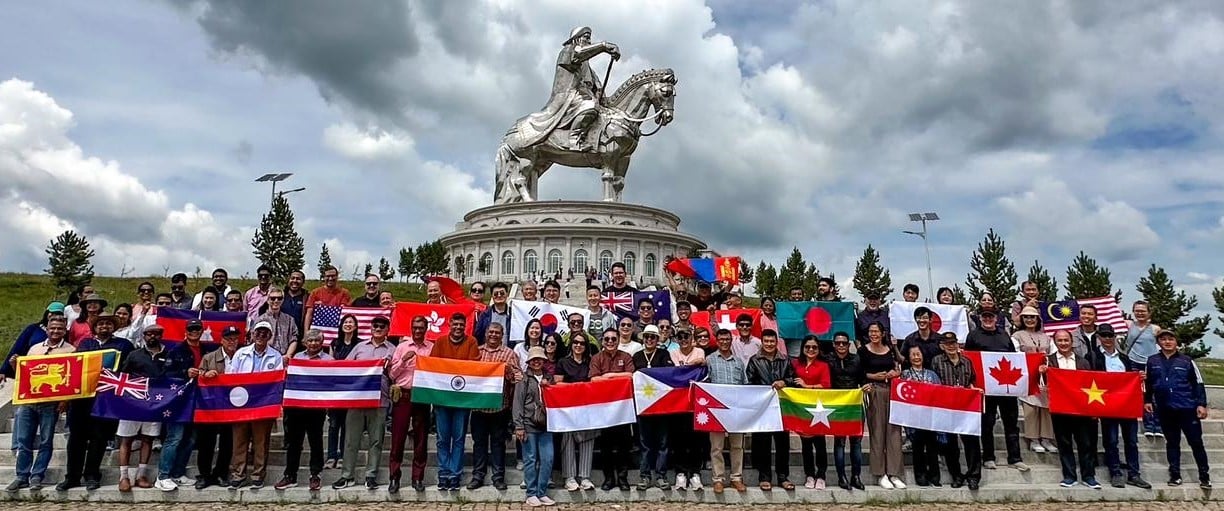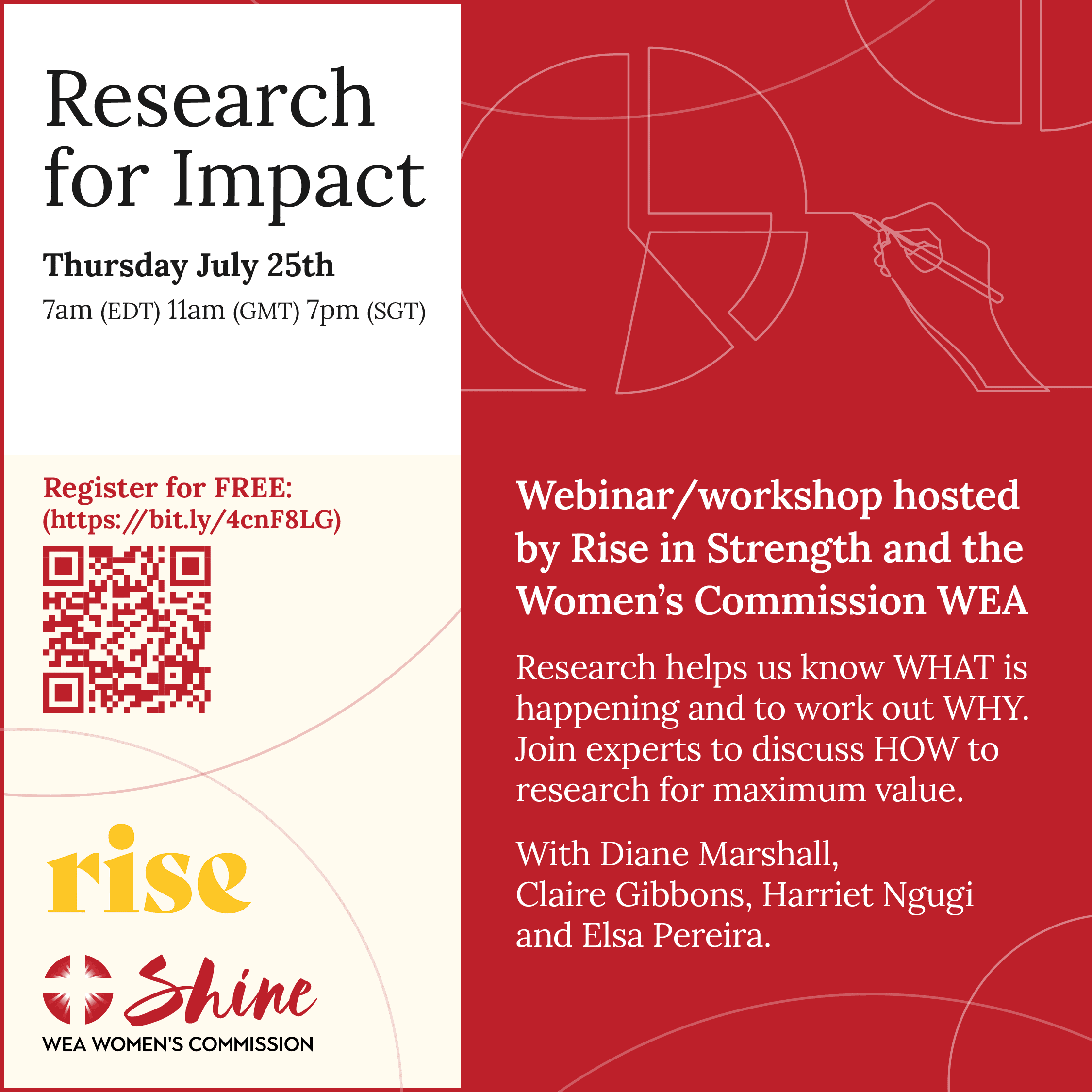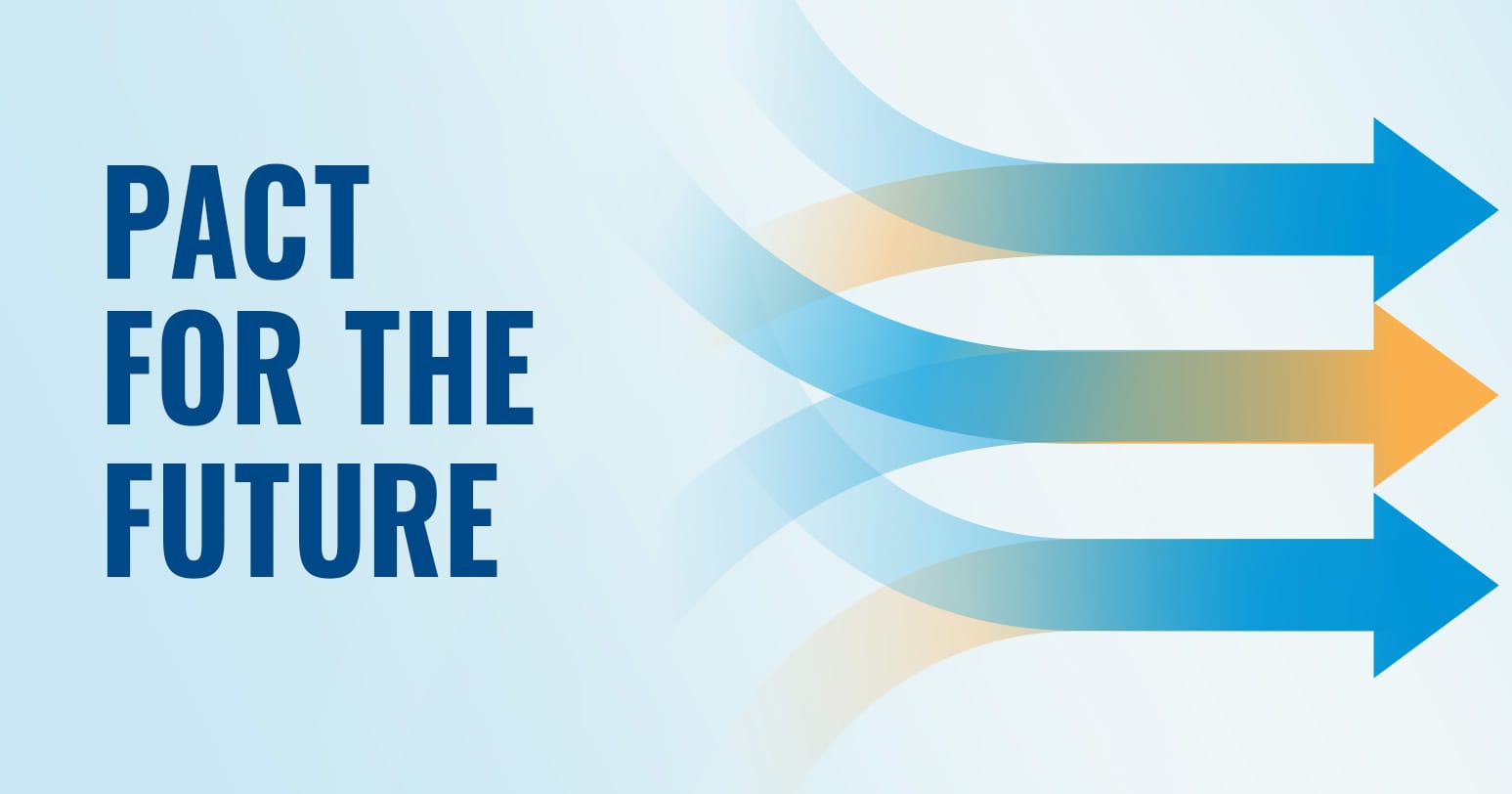By Evangelical Focus
If there was a region on this planet for which we should be most concerned about the impact of the coronavirus epidemic on its population, it probably would be Africa.
Not only for the lack of medical resources to fight the virus, or the difficulty of establishing border control, but rather, because it is a continent in which many of its countries do not even have guaranteed access to safe hygiene services.
According to the latest data published by the World Health Organization (WHO) in February of 2019 while in European countries the average deaths per person because of exposure to unsafe hygiene measures (such as contaminated water) is 0.2 for every 100,000, in countries such as Niger or Mali it is higher than 70, and in Chad 100.
Since February 14th, when the first case of Covid-19 was detected in Egypt, the virus has expanded throughout the continent with the exception of Botswana and South Sudan. In fact the entire region had more than 2,800 diagnosed cases on March 27th.
“The best advice for Africa is to prepare for the worst”, pointed out the director general of the WHO, Tedros Adhanom Ghebreyesus. He also stated that “there are probably undetected cases” in the region. “Africa must wake up. We must test, locate people who have been in contact with it, and isolate”, he added.
FIRST STEPS
Governments have enacted and tightened, in a matter of days, security and prevention measures in order to try and contain the epidemic. In South Africa, the country with the most diagnosed cases, the government has imposed confinement for the next 21 days.
“President Cyril Ramaphosa announced the closing of schools and banned public gatherings after numbers more than tripled over the weekend”, Moss Nthla, the secretary-general of The Evangelical Alliance of South Africa (TEASA) explained to Spanish news website Protestante Digital.
Furthermore, “foreign nationals from highly affected countries have also been denied entry, as the majority of South Africa’s cases had recently travelled abroad”, he noted.
Meanwhile in Egypt, the country with the most deaths due to coronavirus along with Algeria, a curfew has been announced, prohibiting people from leaving their homes from 7pm until 6am. Many are already seeing an impact with disinfection work that has taken crews all the way to the Pyramids of Giza, an image that could very well be a visual description of the development of the history of humanity.
Nigeria and Sudan have closed their borders, and the Democratic Republic of Congo – the epidemic centre of the last outbreak of Ebola – has declared a state of emergency because of Covid-19.
CHURCHES AS PARTNERS TO CONTAIN THE VIRUS
The Secretary General of the Association of Evangelicals in Africa (AEA) – the regional branch of the World Evangelical Alliance, Aiah Foday-Khabenje, told Protestante Digital that they are “encouraging the churches to be law abiding”.
“Many would think stopping these meetings is an affront to God and are ready to obey God rather than humans, even if it is the President. However, in the present circumstances, this would not be correct reading of God’s instruction”.
According to Foday-Khabenje, “governments count on churches as trusted partners to implement guidelines and controls in place to contain the spread of the virus”.
For that reason, the AEA is encouraging their members to “honor this ban, with a view to contain the spread of the virus and also adhere to observing medical and professional instructions”.
The evangelical body uniting churches in Africa “sees its role in helping the Church understand scriptural instructions and right application”.
Foday-Khabenje explained that “many of the believers believe in prayer and divine healing and rightly so. But this does not preclude availing one-self for medical treatment or medical help at any time. At the same time, medical help does not preclude God’s miracle and healing help”.
As well as collaborating with authorities, African evangelical Christians also face this crisis with the desire “to step up their services and compassionate help to their neighbors and communities, especially at this time; while ensuring safety and prayers for God’s intervention”.
Despite being limited in technological resources, the national evangelical organisations have begun to organize via the internet. In South Africa, “evangelicals are also launching chain prayers to intercede for the nation with respect to Covid19”, Ntlha said.
“AFRICA IS UNDER GOD’S MERCY”
The population is becoming more and more aware of the gravity of the epidemic, and yet are not merely resigned to the reality of the scarcity of resources that they have to fight it
“Generally, Africa does not have good medical infrastructure. People are left to the mercy of natural selection or to the fate of nature. So, with the virus, the situation is no different”, Foday-Khabenje pointed out.
“The particular feature now is fear and, especially when those in the development world would be the ones trickling in aid when there is an epidemic but now the same countries are overwhelmed. The virus is now inevitable in Africa, but that the fatalities are still the least currently and among other prevalent diseases is attributed to God’s mercy and care”, the evangelical leader added.
The WHO calculates that in 2017 alone 110,000 people worldwide died due to measles. The majority of them were children less than 5 years old and 95% lived in countries “with a low investment per capita and a deficient sanitary infrastructure”.
“Africa has suffered long enough; probably resigned to their fate for the longest time. Africa in many ways are at the mercy of the Supreme God”, Foday-Khabenje underlined.
“THE TASK OF THE CHURCHES IS TO GIVE HOPE”
In this setting, “the church has always stood out to be counted as trusted care givers, within their limited means. There are churches in the communities that stay when humanitarian workers are evacuated, in the face of an emergency. They are instrumental in trying to give help and services to the community and the vulnerable”.
But in Africa it is not only expected that the evangelical churches will collaborate with the authorities in order to contain the virus and serve the most vulnerable in their communities. “Above all, their task is to give hope; the teaching and message of Jesus Christ in the Bible. This gives hope in every human situation, even in the face of death”, accroding to Foday-Khabenje.
Churches and believers “feel obligated to demonstrate the love of God at all times; in what we say and do”.
For this pastor from Sierra Leone, “the Christian message and hope is life in this world, life in its fullness and life beyond death. These are not just philosophical statements, but the church’s task is to make these practical and understandable”.
In this sense Foday-Khabenje points out the unique character of the churches to fulfil this mission on the African continent.
“We all see what fear of death is making of our world. In situations like this, the greatest and ultimate joy is when we hear Jesus say: I am the resurrection and the Life. This is absolutely what the world needs, even in the face of the virus. It is only the Church of Jesus Christ that can proclaim this to the world, with certainty and all of its implications”, he concluded.]]>





Stay Connected